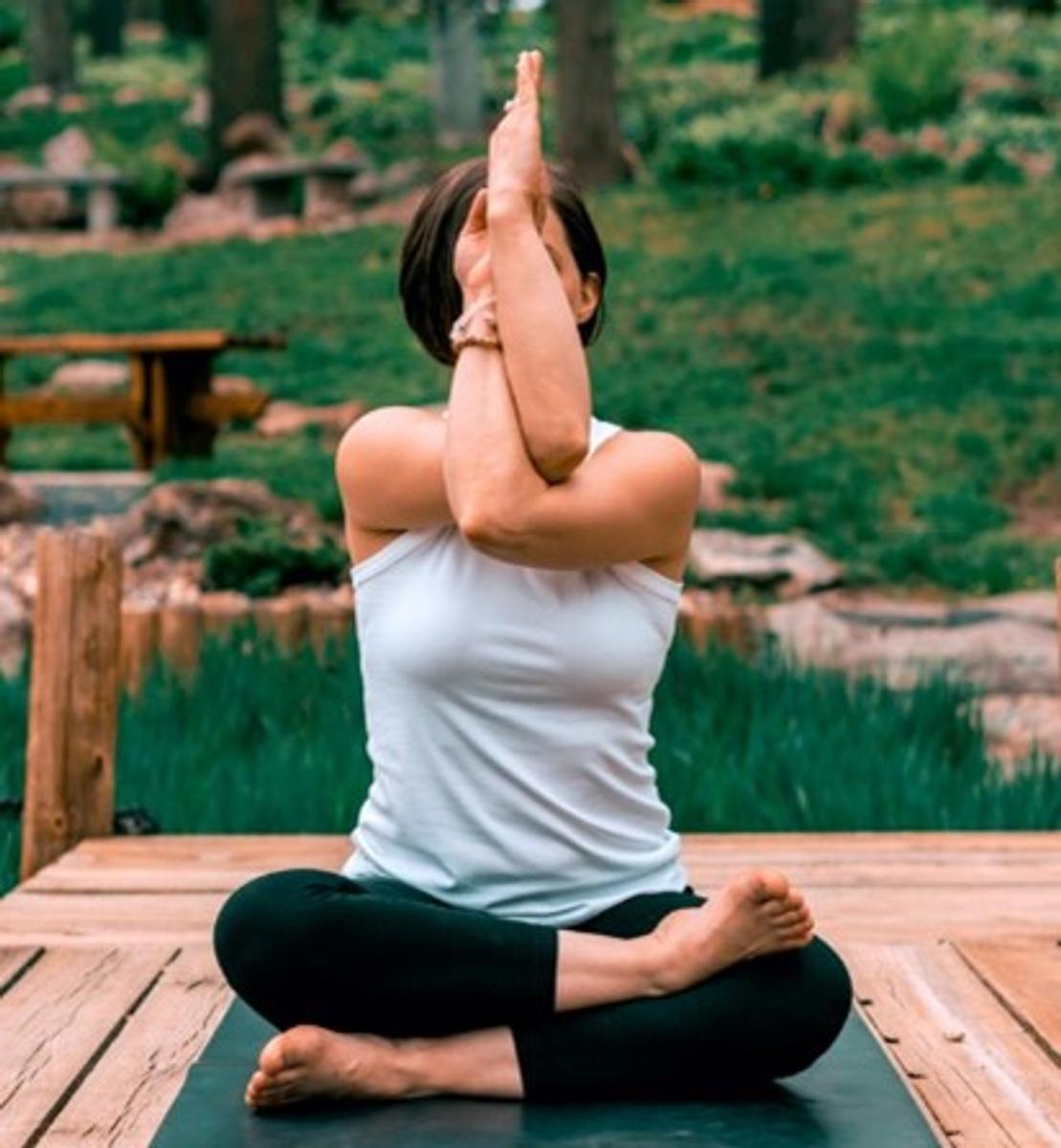GECPA News

GECPA Term 1
“If you want a relationship that looks and feels like the most amazing thing on earth, you need to treat it like it is the most amazing thing in the world.’ Komal Ratan
Relationships matter – it makes the difference. We believe that positive relationships between your Parents’ Association, Glen Eira College and our school community demonstrates to your child that everyone is working together in their best interest.
We are so fortunate at Glen Eira College Parents Association to have a strong, productive relationship with the College and our school community. But we know that we need to keep treating that relationship like ‘the most amazing thing on earth’. To that end, we meet regularly with GEC Leadership to commend, share thoughts and discuss parent and carer concerns.
Your input is so important. As parents and carers, as members of our school community, we welcome you sharing your thoughts with us. What is on your mind? How are you going?
There are a number of options for you to tell us what matters to you:
- Become a member of GECPA. We look forward to meeting you.
- Join any of our Committee Meetings. Your input is welcome.
- Reach out and tell us what matters to you during your time as part of the GEC community. After all, this is your parents’ association.
How to stay informed: Email is still the easiest way for you to find out what is happening at the College. We aim to communicate regularly with parents and carers at GEC. To join the mailing list, scan the QR code below:
For more information about our monthly events and others - look out for the email or any of the above - please contact us at: gecpa@gec.vic.edu.au
Nicole Bishop
Convenor, Glen Eira College Parents Association
Some Tips and Tricks
Year 9 parents and carers: Year 9 is the final NAPLAN year, which is an invaluable opportunity for students to practice their exam preparation skills. They’re going to need it in future years.
- Maths in Year 9: This is the year when students start to link mathematical ideas. For example, need the area but don’t have the height? Oh wait, use Pythagoras’ Theorem for that. It’s like a good relationship – you need all the pieces of the puzzle.
- English in Year 9: Students are expected to develop their critical thinking. It’s a great chance for parents and carers to talk with their child(ren) about what is happening in the world. What are your thoughts? Here are mine. So….
- Building on time management and prioritising tasks is developing effective study habits. I think developing effective study habit is one of the most important skills to cultivate this year. There is nothing in this link that is new but, it is worth a look: 11 Good Study Habits to Develop | Coursera
Year 10 suggestion in the next issue.
Teaching our kids about stress management (it’s a life skill)
There are a range of strategies that we as parents can use to help build and maintain our children’s wellbeing. One of them is teaching them how to manage their stress. Learning about different techniques and calming strategies that can help them deal with stress and cope with future challenges.
Talk about things that stresses them out
Ask your child to think of any issues that may be stressing them out and explain to them how talking about these issues could bring a different perspective to the situation. Ask if you can help them brainstorm some options that may help.
Normalise reaching out
We need to normalise reaching out and teaching our children how to ask for help. As our kids move through the different stages of their lives, they are going to need someone to support them or talk to. And yes, we know sometimes they don’t want to talk to you, the way they use to and that’s okay. If it’s not you, then help them identify the people they feel comfortable talking to. Maybe as a family, you can make a list of people you can contact if you need help.
Help them find their personal strengths
Talk to your kids about what they think their top 3 strengths are and how it contributes to their success in school, sports, hobbies, or their study plan. If they struggle to find their strengths, support them in sharing what you think their top 3 strengths are. You can also ask them what they think your top 3 strengths are and ask them how you can support them with those strengths this year.
Encourage self-talk that is positive
When your kid is stressed about upcoming tests, or a stressful situation, encourage your child to remember their strengths. To look for evidence about similar situations where they also felt so stressed and how they handled them. What did they do? Give them examples of the situations where they faced their fears and stress and pushed through. Talk to them about how you manage your stress at work, home or way back when you were at school.
Management and coping strategies
Plan ahead
Discuss planning ahead and making a detailed plan and timeline for a task or a test so you don’t have to feel as stressed.
Deep breathing
Just a few deep breaths can reduce stress and provide an immediate calming effect. There are many different types of breathing techniques available online and an easy one is Square breathing which you can teach your teenager or use for yourself – Breathe in for 4, Hold for 4, Breathe out for 4, Hold for 4 and repeat 3 times.
Progressive Muscle Relaxation
Progressive muscle relaxation can raise your teen’s awareness of muscle tension. Start by getting your teen to start tensing and relaxing each muscle group—the idea is to move from their toes all the way up to their head. Once completed all their muscles should be relaxed.
Yoga
Yoga is known to offer a variety of physical and mental health benefits. Besides helping with improved flexibility, and strength it also provides a sense of inner calm.
Whenever your teen is experiencing stress, get them to take their brains on a vacation by envisioning a "happy place" Get them to visualize their favourite place – beach, woods, a place and to describe it – how it smells, looks, sounds and feels. The more details the better and when they’re stressed out tell them to close their eyes and spend a few moments imagining that place.
More resources
Welcome to ReachOut.com | ReachOut Australia
https://www.youtube.com/watch?v=NMV8emLXZtY&t=133s
Why self-care is important for our teenagers by ReachOut.com
https://www.youtube.com/watch?v=vDR8BaX6HC4&t=102s
GEC Working Bee
Next working Bee - Sunday 15th May 3-5pm. More small plants to add to gaps in garden beds planted last year, litter pick up, leaf sweeping etc.
Walking Group
A small friendly group of parents walk for an hour every Tuesday night – locally in Glen Eira Parks. Email us to join our group for details.
Big Development planned in GEC’s Neighbourhood
Caulfield Station Precinct Plan, Have your say – Glen Eira Council seeks comments on their draft plan for many more apartments and school students. Hopefully streets can be made safer for pedestrians and bicycle riders especially kids getting to school. And that there are more trees and green space for people and nature especially in the Racecourse Recreation Reserve. The plan proposes high rise apartments on the school's northern boundary on government land in Booran Road – better for our growing school if this land added to school site. Comments open until April 10th either via a quick survey or letter and Drop-in Sessions for information and feedback.
https://www.haveyoursaygleneira.com.au/embeds/projects/75033/survey-tools/78268)
Carnegie Library arts and performance events
Cube, Butterfly House Arts, cocoon lantern workshops April 8-13 Street Arts Live | Glen Eira City Council
Lost Lands Found eco-art biodiversity tours Central Park Malvern
Saturday, 9 April 10:30 -11:30am Stonnington Council Lost Lands Found eco-art biodiversity tours City of Stonnington Created by Wemba Wemba-Wergaia ecologist and educator Dean Stewart in partnership with the City of Stonnington, Lost Lands Found is a 4 x 4 metre planting installation showcasing over 60 species of the indigenous flowers, grasses, herbs and lilies that once flourished throughout Victoria prior to European settlement. On the guided tours, you’ll hear from Dean about this exciting space that exists as a small window into the past and learn how to identify native plants that can be easily added to home gardens of any size to provide habitat and support local biodiversity.
Cathy McNaughton, Editor, GECPA Newsletter
Contributors: Tessa Spanneberg, Nicole Bishop




